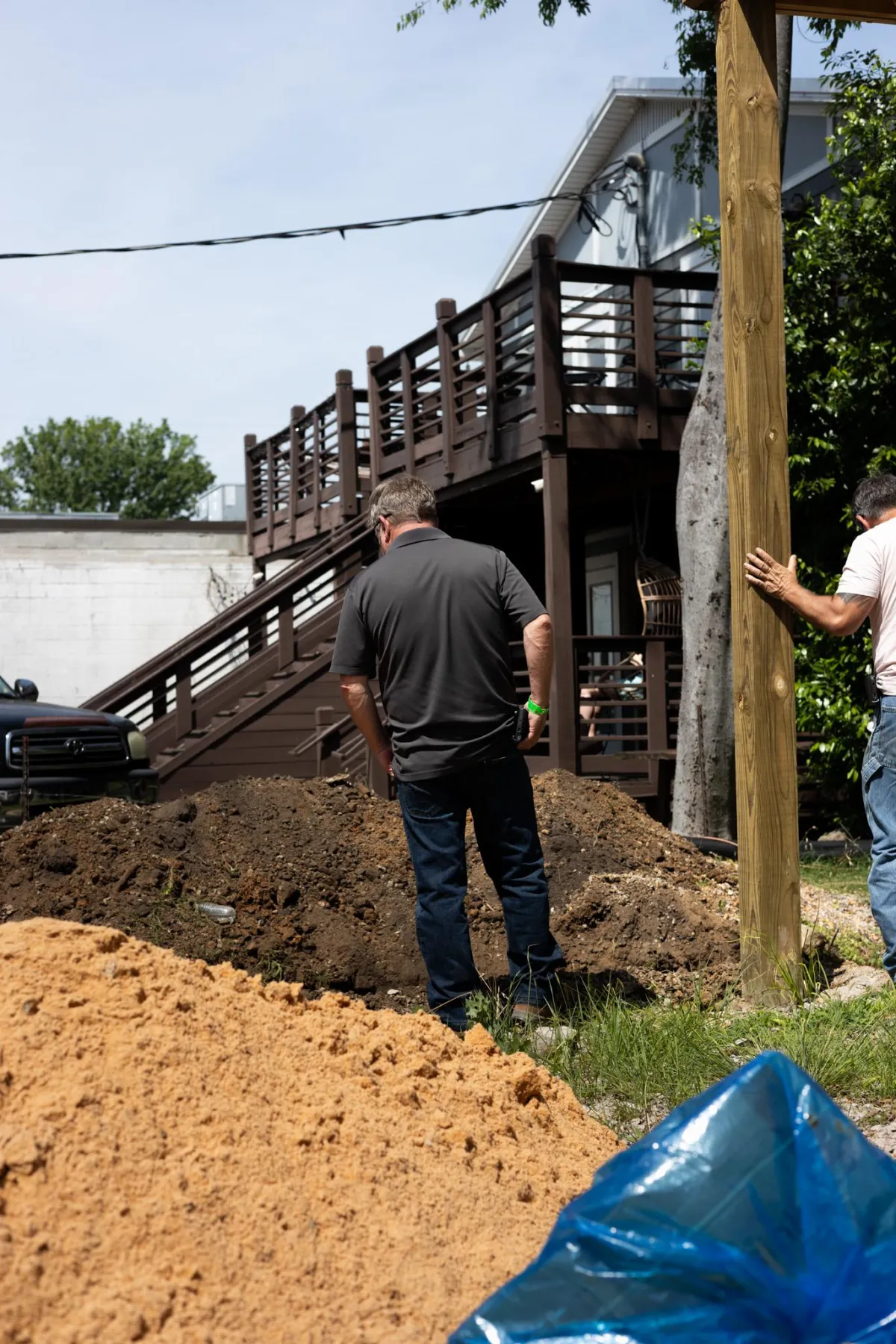
Comprehensive Guide to Gas Lines: Installation, Repair, and Safety Tips
Introduction
Gas lines are a critical component of many home systems, powering everything from your stove to your heating system. Proper installation, maintenance, and repair are essential to ensure safety and efficiency. This comprehensive guide covers everything you need to know about gas lines, including installation, repair, and important safety tips. Before we start - **Always hire a licensed professional for gas line installation to ensure compliance with local codes and safety standards. Contact Keith The Plumber at keith-the-plumber.com or call us at (205) 508-9630. **
Gas Line Installation
1. Professional Installation
• Always hire a licensed professional for gas line installation to ensure compliance with local codes and safety standards. Contact Keith The Plumber at keith-the-plumber.com or call us at (205) 508-9630.
• Proper installation reduces the risk of leaks and other hazards.
2. Material Selection
• Choose the right materials for your gas lines, such as steel, copper, or flexible gas lines (CSST).
• Each material has its pros and cons, so consult with Keith the Plumber to determine the best option for your home.
3. Planning and Permits
• Proper planning and obtaining necessary permits are crucial for safe and compliant installation.
• Ensure that your installation plan includes proper venting and clearances.
Gas Line Repair
1. Detecting Gas Leaks
• Signs of a gas leak include a rotten egg smell, hissing sounds, and dead vegetation near the gas line.
• If you suspect a gas leak, evacuate the area immediately and call your gas company or a professional plumber. Contact Keith The Plumber at keith-the-plumber.com or call us at (205) 508-9630.
2. Repair Procedures
• Gas line repairs should always be handled by a licensed professional.
• Repairs may involve replacing damaged sections, tightening connections, or addressing issues with gas appliances.
3. Preventative Maintenance
• Schedule regular inspections to identify and address potential issues before they become serious.
• Keep an eye on your gas appliances for any signs of malfunction.
Safety Tips
1. Install Carbon Monoxide Detectors
• Place carbon monoxide detectors near sleeping areas and gas appliances to alert you to potential leaks.
• Regularly test and maintain your detectors to ensure they are functioning properly.
2. Know the Signs of a Gas Leak
• Familiarize yourself with the signs of a gas leak and have a plan in place for evacuation.
• Never ignore the smell of gas or other warning signs.
3. Avoid DIY Repairs
• Gas line repairs are not suitable for DIY projects. Always hire a professional to handle gas-related issues.
• Incorrect repairs can lead to dangerous leaks and other hazards.
4. Regular Inspections
• Schedule annual inspections of your gas lines and appliances to ensure they are in good condition.
• Regular maintenance can prevent leaks and other problems.
Conclusion
Proper installation, maintenance, and repair of gas lines are essential for the safety and efficiency of your home. By following these guidelines and working with professionals, you can ensure that your gas lines are safe and reliable. For expert gas line services, contact Keith The Plumber at keith-the-plumber.com or call us at (205) 508-9630. We’re here to help with all your gas line needs.
